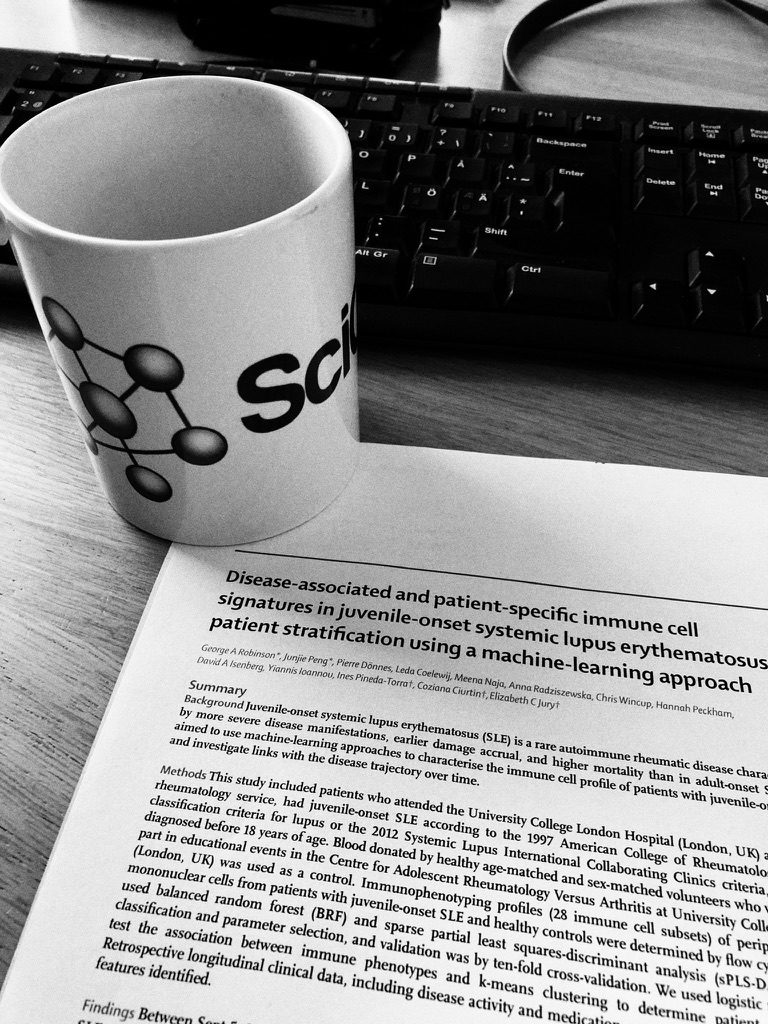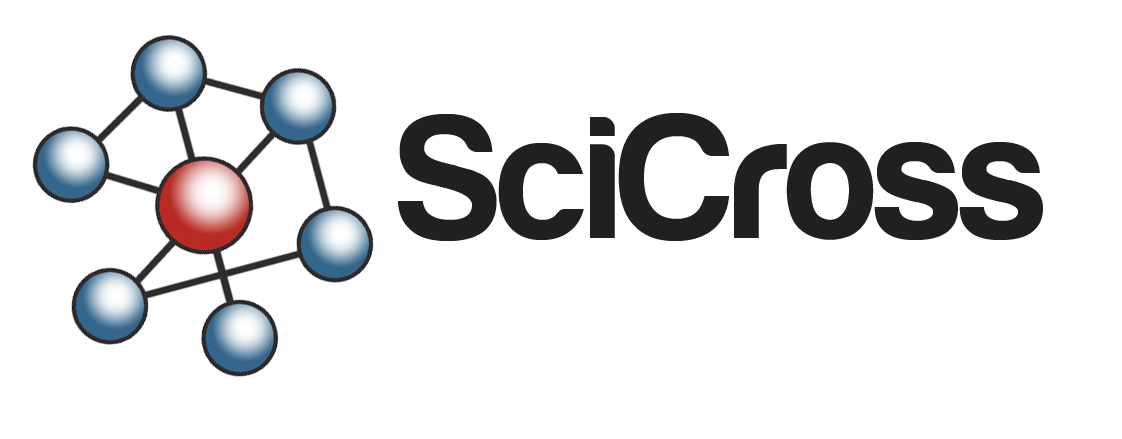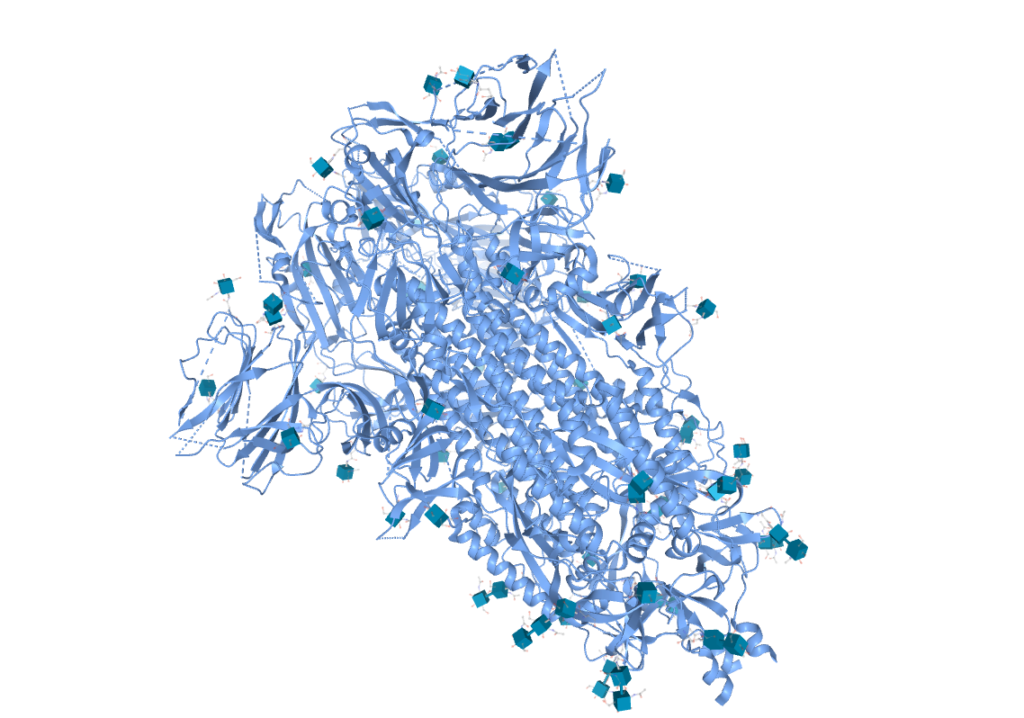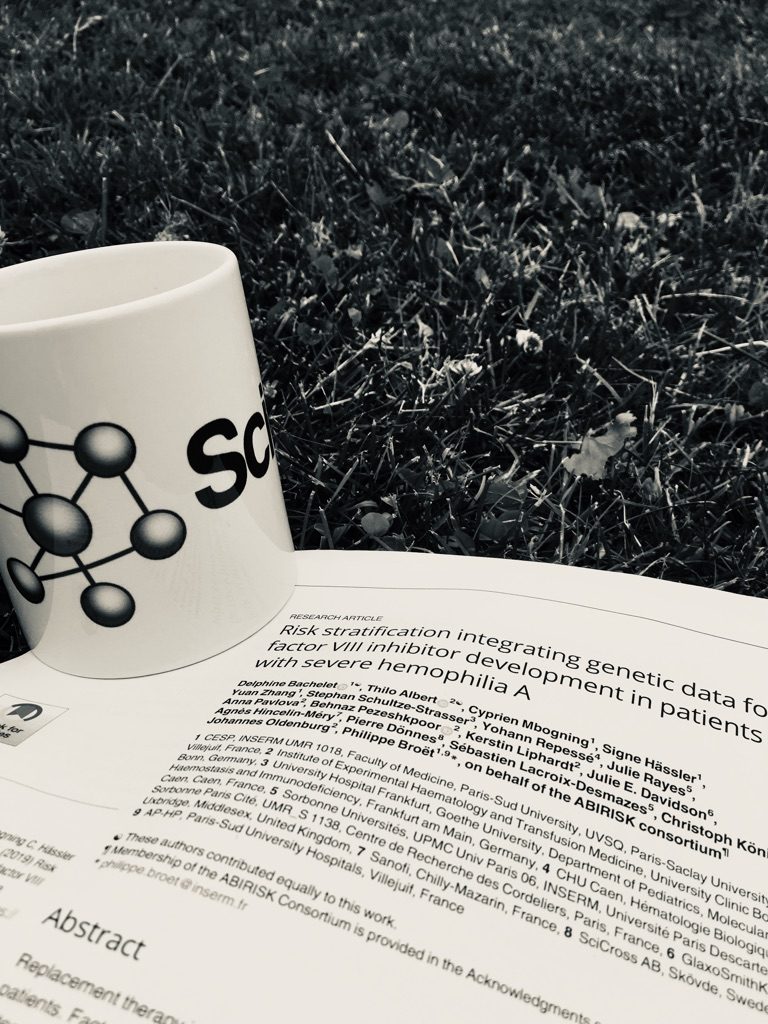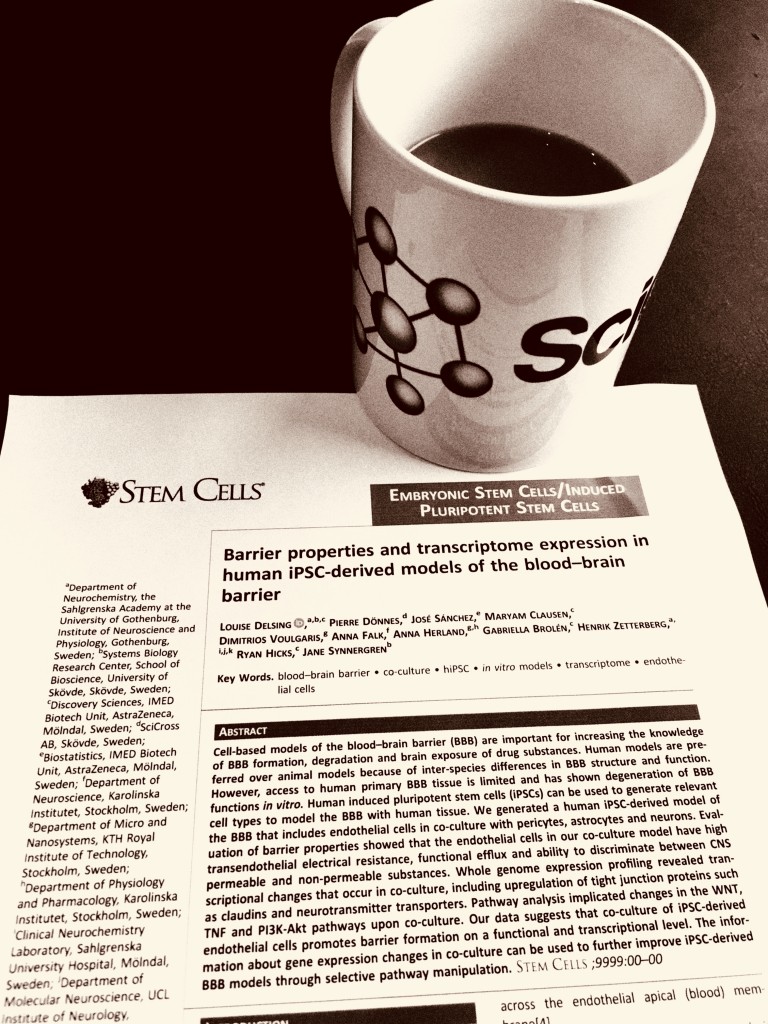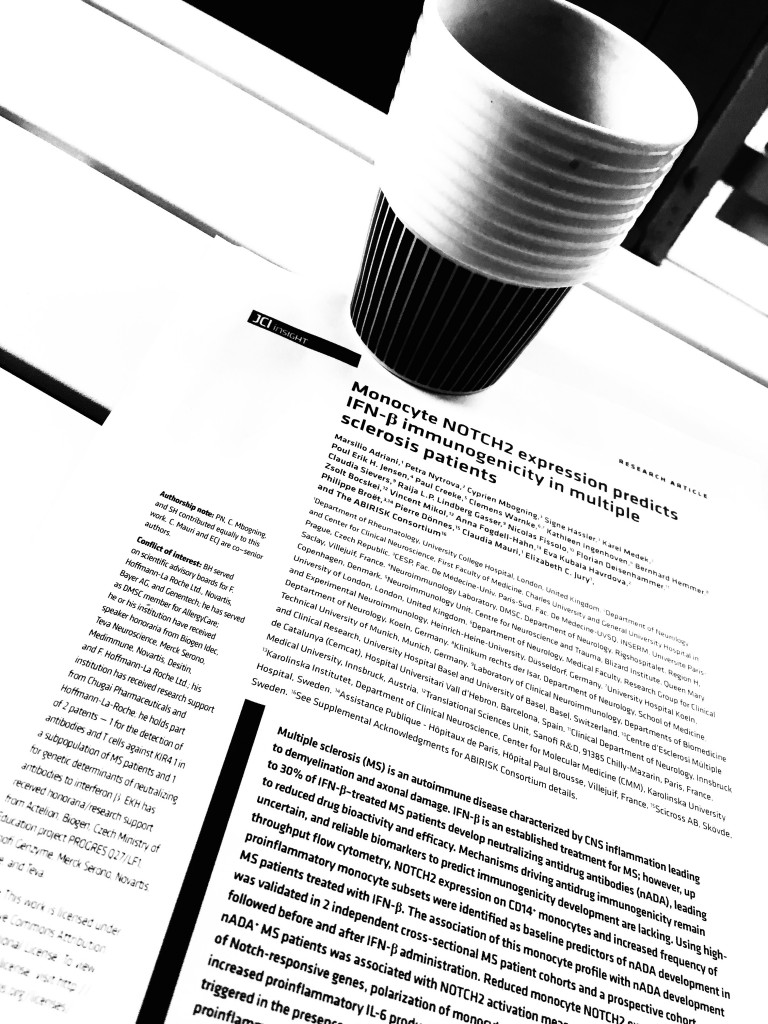Machine learning in JSLE paper
New paper published in Lancet Rheumatology on immune cell signatures in JSLE patients, discovered by machine learning techniques AND extensive laboratory work AND clinical knowledge. Really happy to have the privilege to collaborate with this amazing group of people!
https://www.thelancet.com/journals/lanrhe/article/PIIS2665-9913(20)30168-5/fulltext
#Machinelearning #AI #UCL #JSLE
